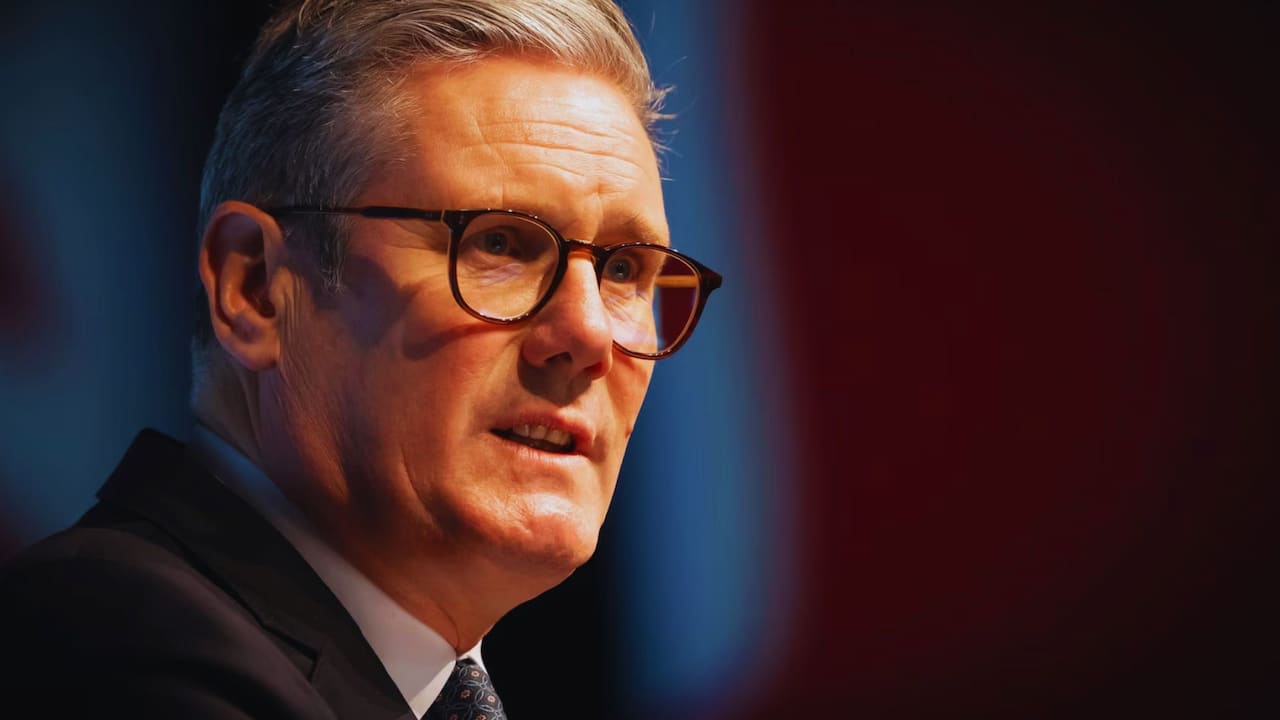Breaking: Starmer Seeks “Pragmatic” Reset with China in Landmark G20 Meeting
Sir Keir Starmer will meet face-to-face with Chinese President Xi Jinping at the G20 summit in Rio de Janeiro, marking a significant diplomatic development. This historic meeting marks a potential turning point in UK-China relations, as Britain’s new leadership seeks to establish what Starmer calls a “pragmatic and serious relationship” with the world’s second-largest economy.
A New Chapter in Diplomatic Relations
The meeting, scheduled for Monday at the G20 summit in Brazil, represents the first in-person encounter between a UK prime minister and the Chinese president since Theresa May’s visit to Beijing in 2018. This diplomatic breakthrough comes after Foreign Secretary David Lammy’s October visit to China, signaling Labour’s commitment to rebuilding bridges with Beijing.
Speaking to reporters en route to Rio, Starmer emphasized the practical importance of engagement: “We are both global players and global powers, both permanent members of the security council and of the G20. China’s economy is obviously the second biggest in the world and one of our biggest trading partners.”
Economic Priorities and Strategic Balance
The approach of the Labour government is a careful balance between economic pragmatism and strategic caution. Chancellor Rachel Reeves, who plans to visit Beijing in January, has been instrumental in pursuing enhanced economic ties, recognizing that the UK’s growth ambitions may depend on improved relations with China.
Downing Street has presented a framework for engagement that prioritizes the UK’s national interests at all times.
- International stability
- Climate change cooperation
- Economic growth opportunities
- There is a need for open communication about areas of disagreement.
Challenges and controversies
The diplomatic reset faces significant hurdles and criticism. Conservative MPs Tom Tugendhat and Alicia Kearns have urged Starmer to address the following human rights concerns:
- Jimmy Lai, a British citizen, is currently detained in Hong Kong.
- Threats have been made against UK citizens who have voiced their opposition to Beijing.
- Previous sanctions imposed on British MPs
- China’s stance on the Ukraine conflict
Broader G20 Context
The meeting takes place against a complex global backdrop:
- Russia’s absence (represented by Foreign Minister Sergei Lavrov)
- Divisions over climate crisis responses
- The ongoing conflict in Ukraine is approaching its 1,000th day.
- Economic challenges facing major economies
Strategic Shift from Previous Government
This approach marks a notable departure from the previous Conservative government’s stance. Rishi Sunak labeled China as “the biggest state-based threat to our economic security.” Starmer’s government, while maintaining awareness of security concerns, appears to be pursuing a more nuanced approach that emphasizes practical engagement over confrontation.
Looking Ahead
The effectiveness of Starmer’s government will likely determine the success of this diplomatic initiative.
- Balance economic opportunities with security concerns.
- Address human rights issues without derailing cooperation.
- Build sustainable diplomatic channels.
- Maintain domestic political support for engagement.
As Britain navigates this complex relationship with China, the outcomes of Monday’s meeting could set the tone for UK-China relations in the years ahead. With both economic opportunities and strategic challenges at stake, Starmer’s pragmatic approach represents a significant shift in British foreign policy, one that could shape the UK’s global positioning in an increasingly multipolar world.
